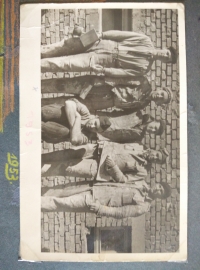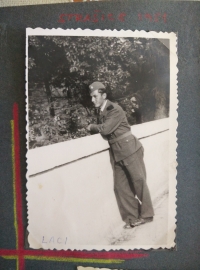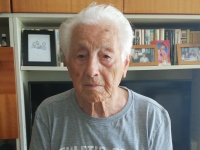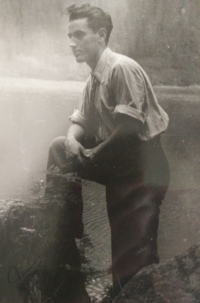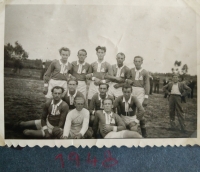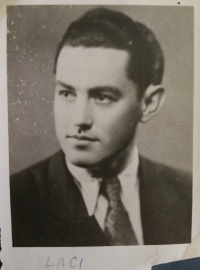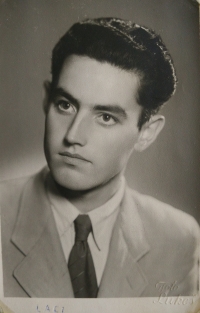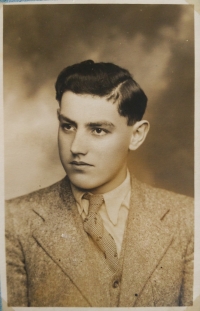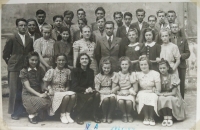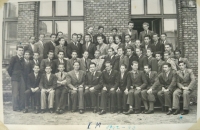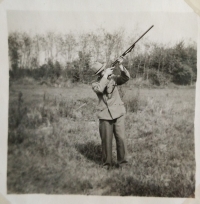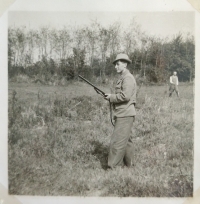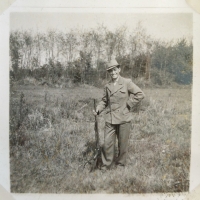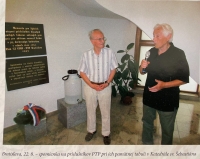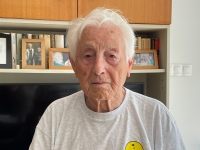He regrets that he could be persuaded to join the Communist Party

Download image
Ladislav Lampert was born on February 9, 1924 in the village - Lukáčovce. He began his studies at the church grammar school in Nitra, continued his industrial studies in Bratislava, where he graduated in 1945. He did not finish college because his father Viktor was bourgeois because of his land ownership and was expelled from his studies for this reason. He entered military service in October 1950 as an ordinary soldier. After studying his materials, he was transferred to PTP. He worked on auxiliary construction work in Svatá Dobrotivá. After two months, he was transferred to Strašíce, where he worked for about half a year - first on the construction of the road, then on the barracks and from there he went to work in Plzeň. He was released in August 1953. After returning from the PTP, no one wanted to hire him. He managed to get a job thanks to a friend in the company Stavprojekt, where he worked in Atelier 4. It was a state enterprise, so as a former PTP member he could work here only with a granted exemption. After the abolition of Studio 4, together with the others, he created Zdravoprojekt and continued to work for a retirement age. He is currently caring for a sick wife who is giving him energy for life.
